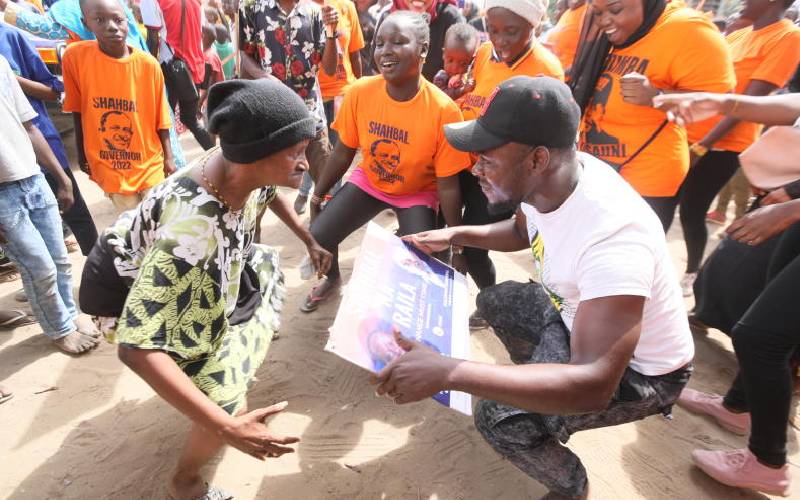×
The Standard e-Paper
Fearless, Trusted News

The youth will have less say in the outcome of the August 9 General Election than their older counterparts after an audit of the voters register revealed that their numbers have dropped.
According to the report released by Independent Electoral and Boundaries Commission (IEBC) based on the KPMG audit, the number of youth (18-34 years) registered to vote in 2022 stands at 39.84 per cent, which is a decline of 5.27 per cent from 2017.